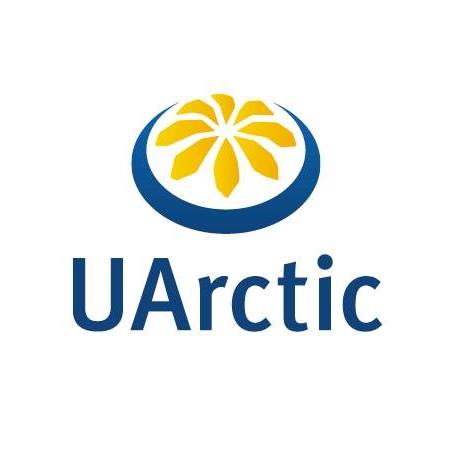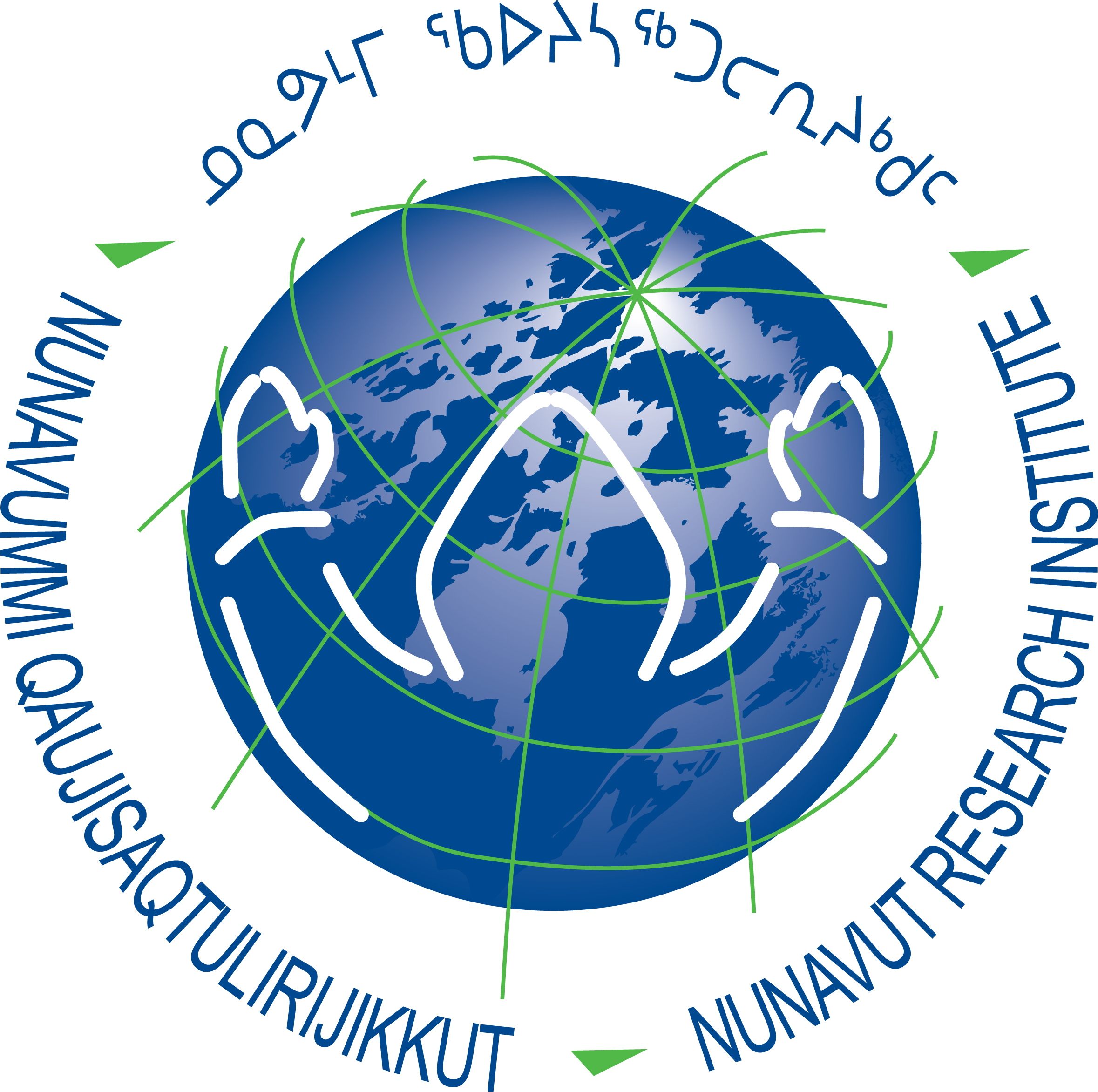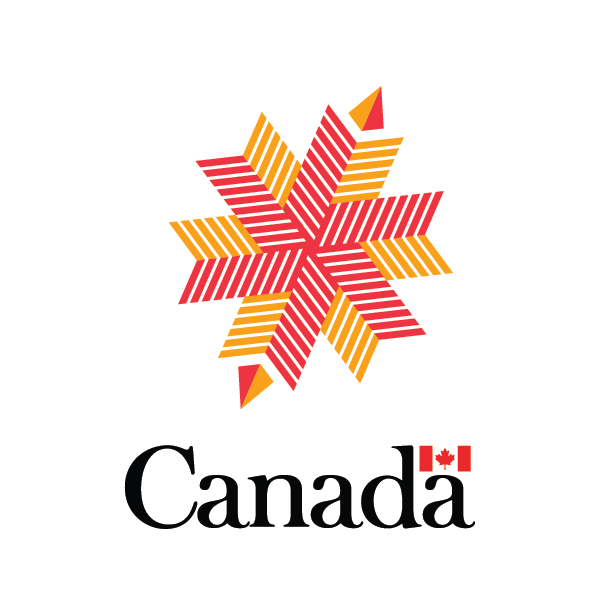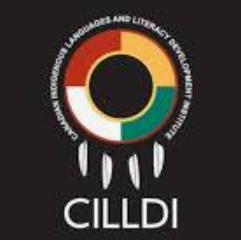
Outside the University of Alberta
UAlberta North represents the University in various organizations and collaboration agreements with northern partners, and monitors and maintains active relationships with research agencies. They include the following:
UArctic
The University of the Arctic is a world-wide collaborative network of post-secondary institutions, including the University of Alberta, and research facilities whose goal is to promote healthy Northern communities with sustainable economies. Through their decentralized hub, these institutes create global partnerships to enhance human capacity in the North. UArctic sponsors numerous thematic networks, some of which involve University of Alberta researchers.

Nunavut Research Institute
The Nunavut Research Institute is the governing body responsible for licensing and permits for scientific researchers in Nunavut. They act to streamline the research experience of scientists in Nunavut by providing consultation experience with the Nunavummiut and creating research partnerships for scientists that address the needs of Nunavut communities. NRI also provides mentorship, guidance and support to scientists while they are working in the territory. A division of Nunavut Arctic College, NRI provides educational opportunities for the Nunavummiut in science.

Association of Canadian Universities for Northern Studies
Established in 1978, the Association of Canadian Universities for Northern Studies (ACUNS) has been an indispensable organization for the advancement of northern scholarship. ACUNS plays a leadership role in promoting a diverse and comprehensive understanding of the North through the facilitation of collaborative research, knowledge mobilization, and education. It involves more than thirty post-secondary institutions across the country. The University of Alberta was the host of the 2018 triennial national student conference.

Aurora Research Institute
Aurora Research Institute (ARI) is the research division of Aurora College. With offices in Inuvik, Fort Smith and Yellowknife, ARI ensure the coordination of scientific research in the territory and the dissemination of knowledge acquired to the people of the Northwest Territory (NWT). ARI aims to develop Northern society through excellence in education, training and research that is sensitive to Northern culture, traditional knowledge and values and addresses the needs of NWT communities and people.

Canadian Mountain Network
The Canadian Mountain Network (CMN) is a voluntary alliance of partners from universities, governments, Indigenous communities, and businesses dedicated to the sustainability of mountain environments and communities across the country and around the world. CMN was established in January 2016 to collaboratively address the diverse challenges facing mountain regions by harnessing existing capacities and seeking new research relationships between Indigenous and non-Indigenous researchers and communities. CMN is hosted at the University of Alberta in the Faculty of Science.

Dechinta Bush University/Centre for Research and Learning
Dechinta Centre for Research and Learning is a northern-led initiative delivering land-based, university credited educational experiences led by northern leaders, experts, elders and professors to engage northern and southern youth in a transformative curricula based on the cutting-edge needs of Canada's North. The University of Alberta was the first to offer university credit for Dechinta courses, through the Faculty of Native Studies.

Polar Knowledge Canada
Polar Knowledge Canada is a federal government agency, created in 2015, with a mandate to advance knowledge of the Canadian Arctic and other circumpolar regions, including Antarctica, strengthen Canadian leadership in polar science and technology, and improve opportunities for northern communities through scientific research. POLAR is responsible for operating the new Canadian High Arctic Research Station (CHARS) in Cambridge Bay, Nunavut as an international research hub. It also provides targeted funding opportunities for researchers.
Inside the University of Alberta
UAlberta North works supportively with a number of major initiatives or portfolios at the University of UAlberta which involve a significant northern focus or presence on the ground, typically with local partners or national partners.

Canadian Indigenous Languages and Literacy Development Institute
The Canadian Indigenous Languages and Literacy Development Institute (CILLDI) is dedicated to the revitalization of Canada's Indigenous languages through documentation, teaching, and literacy. An initiative of the Faculties of Arts, Education, and Native Studies, established in 2000, its purpose is to support individuals at the community level by providing basic training in linguistics, languages, second language teaching, and other aspects of professional enhancement such as language-related research and policy making. In addition to its annual summer school at the University, CILLDI has begun to offer courses in the Northwest Territories.

School of Public Health
The School of Public Health has advanced a Northern Outreach Strategy, in affiliation with the Yellowknife-based Institute for Circumpolar Health Research, to extend the reach of degree programs, internships, and research opportunities, and to formalize the appointment of Indigenous knowledge-holders as adjunct professors and resident teaching elders.

University of Alberta Libraries
The University of Alberta Libraries manages a significant material and digital collection - some housed in the Circumpolar Library - of northern publications, archives, databases, and other research data.

University of Alberta Press
University of Alberta Press has made publishing northern and Indigenous books a strategic focus. With a new imprint, Polynya Press, and the open-access digitization of the Canadian Circumpolar Institute back-list, UAP is Canada's leading academic publisher of northern titles.